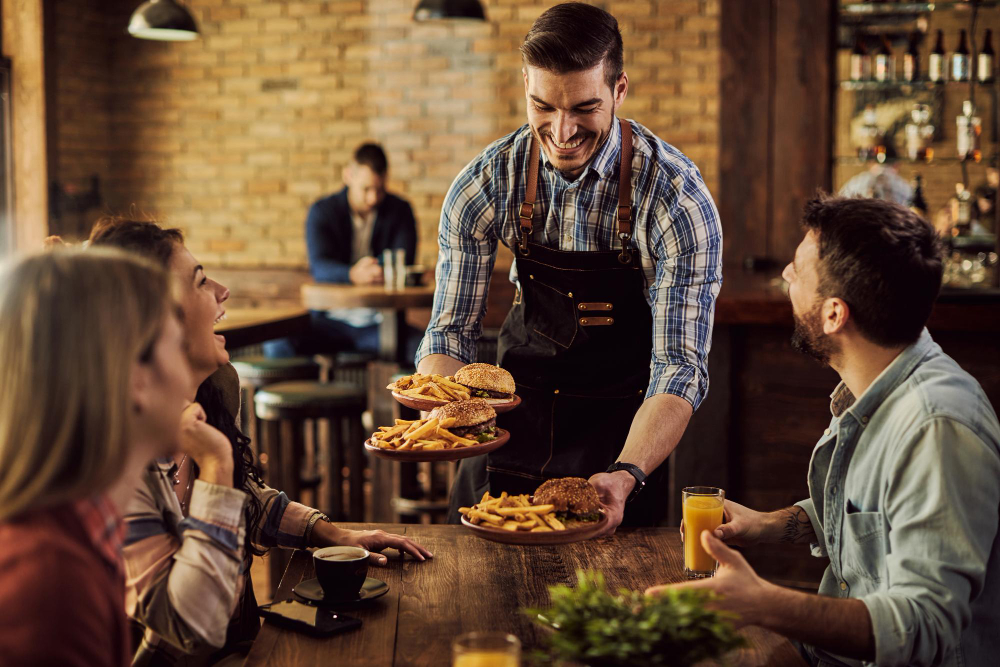"Price shock" expected as Germany plans to raise VAT for restaurants and cafes
Consumer advocates have warned of a “price shock” on the horizon as the German government announced plans to scrap the reduced rate of VAT on food in restaurants and cafes as of January 1, 2024.
VAT at cafes and restaurants back at 19 percent from 2024
The government announced plans this week to once again raise the rate of value added tax at restaurants and cafes to 19 percent from the beginning of next year. The VAT rate on food (but not drinks) was previously reduced to 7 percent in response to the coronavirus pandemic, which left many businesses struggling amid months of enforced closures. The cut was then extended to the end of 2023 as inflation soared due to the rising cost of energy.
Now, however, the government wants to scrap the tax cut, as part of new budget-saving measures. It is argued that it will help bring inflation under control. However, opponents of the plan are saying that it will discourage people from eating out, and thus force many businesses to close.
The change in taxes will most likely force restaurants to raise their prices. This will affect consumers, who will have to contend with the higher cost of eating out. The fear is that many people will simply choose to stay home, with budgets already being tightly squeezed by the rising cost of living.
DEHOGA: Move risks thousands of jobs in Germany
The German Hotel and Restaurant Association (DEHOGA) told Tagesschau that the plan to raise VAT back to 19 percent posed an existential threat to restaurants and hotels after three years of tough times. They observed that the number of outlets operating in the industry has already fallen by 16,1 percent, with 36.000 businesses shutting their doors for good during 2020 and 2021. Gedeon Naumann, DEHOGA chairman in Rhineland-Palatinate, told Tagesschau: "Lives are at stake - and thousands of jobs."
DEHOGA also criticised the fact that the VAT rate on supermarkets and food delivery services will remain at 7 percent, arguing that this unfairly favours food delivery apps like Lieferando and Uber Eats.
However, some take a different view. Friedrich Heinemann, from the Leibniz Center for European Economic Research (ZEW) in Mannheim, argued that with the end of the coronavirus pandemic, the “crisis-related justification” for reducing VAT on food no longer applies.

